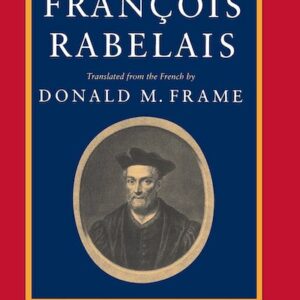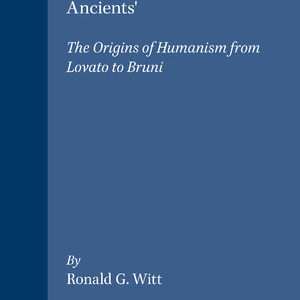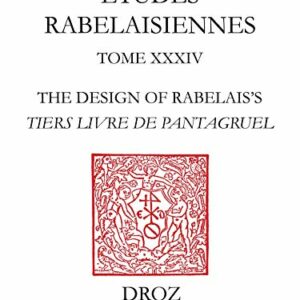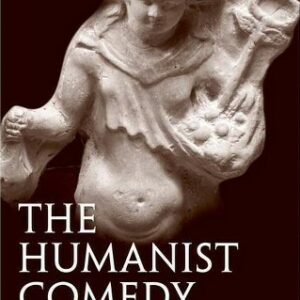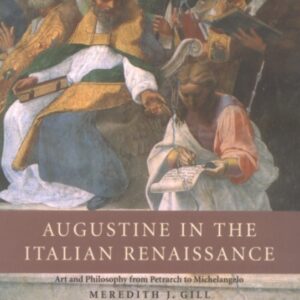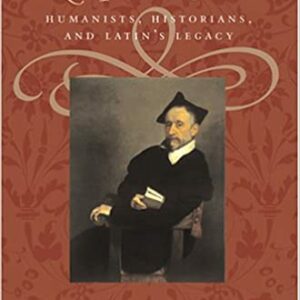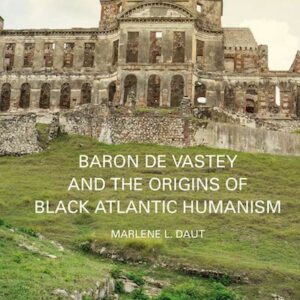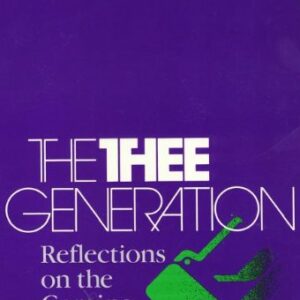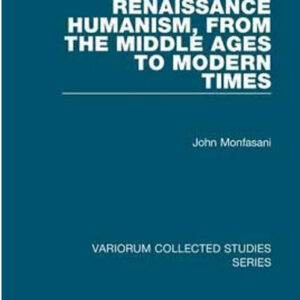
Renaissance Humanism, from the Middle Ages to Modern Times
By John Monfasani (NHC Fellow, 2011–12) Starting with an essay on the Renaissance as the concluding phase of the Middle Ages and ending with appreciations of Paul Oskar Kristeller, the great twentieth-century scholar of the Renaissance, this new volume by John Monfasani brings together seventeen articles that focus both on individuals, such as Erasmus of … Continued
